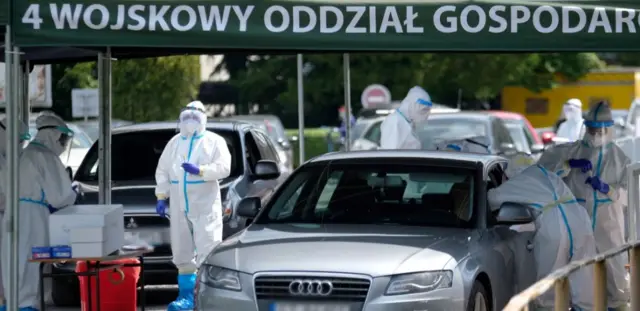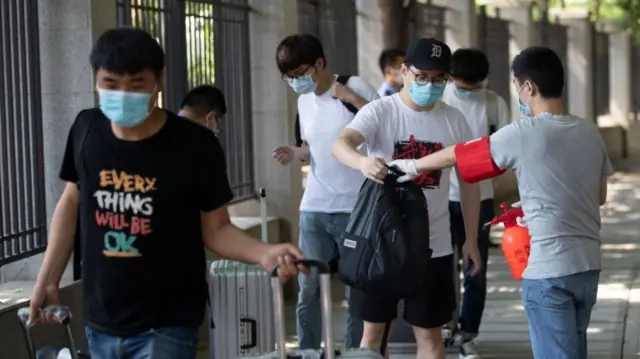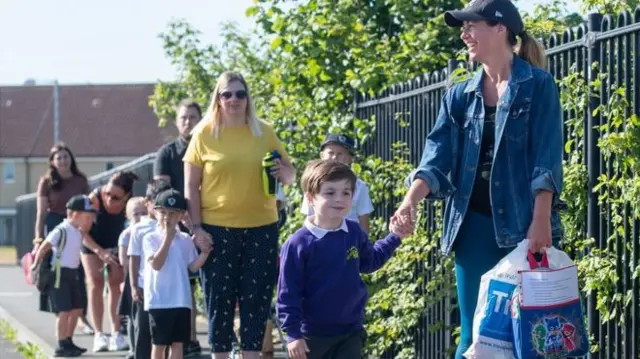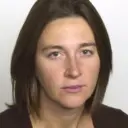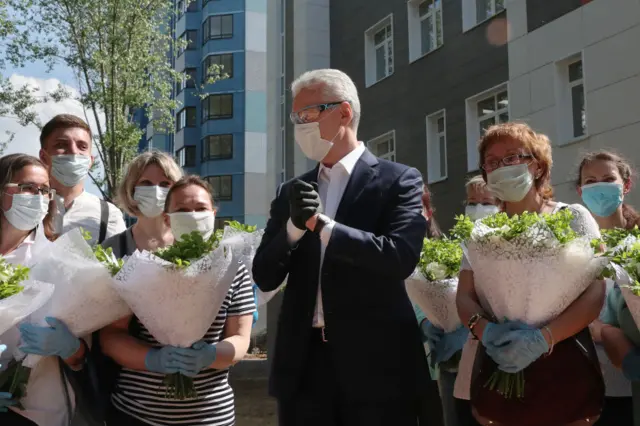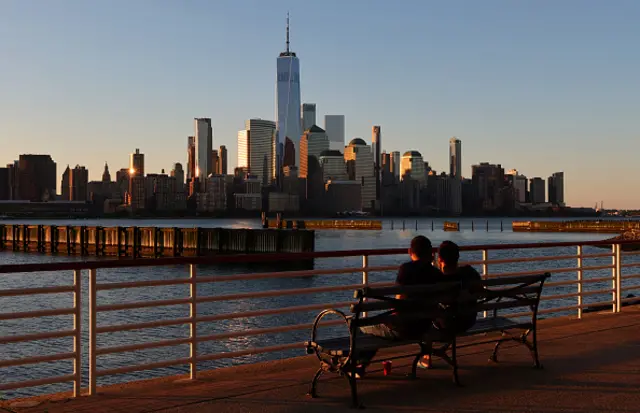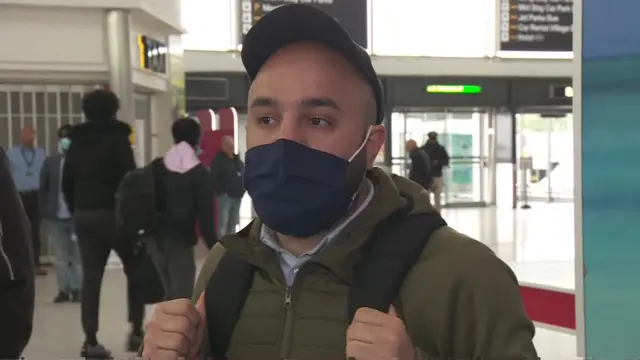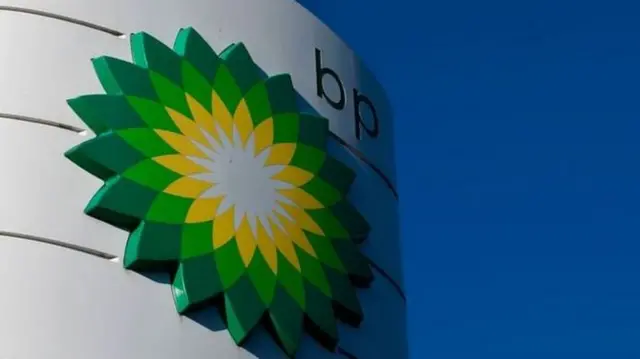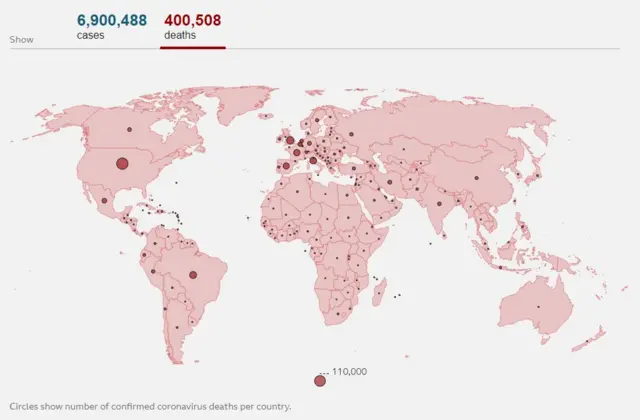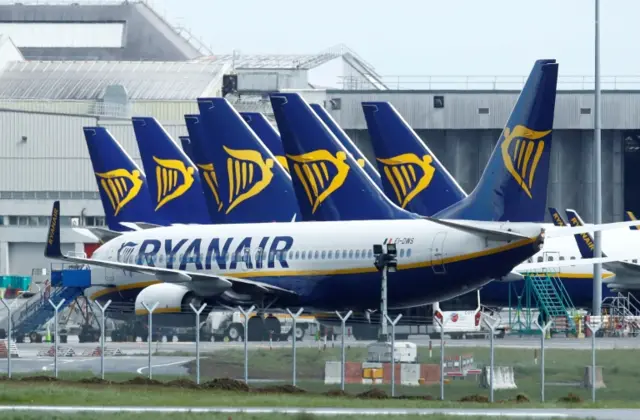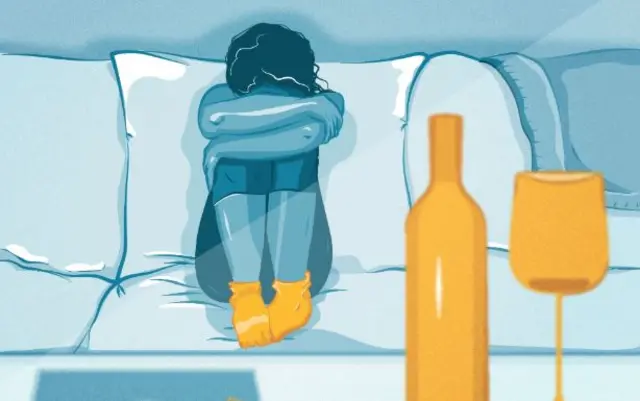Pub gardens in England 'could reopen this month'published at 15:26 BST 8 June 2020
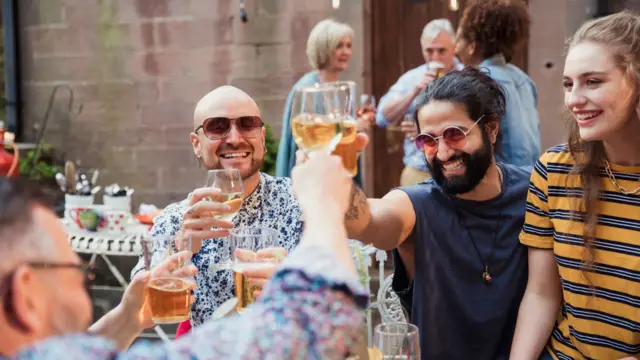 Image source, Getty Images
Image source, Getty ImagesPubs and restaurants in England could re-open earlier than planned after warnings of huge job losses.
Firms have been preparing to start serving customers outdoors from 4 July, but 22 June is now being considered by ministers - as first reported by the Financial Times newspaper, external.
Pub chain Wetherspoons said it would be a "psychological boost", but trade body UK Hospitality told the BBC that reducing social distancing from two metres to one metre would be far more important for the industry's survival.
The Cabinet may discuss the issues on Tuesday. Read more here.
